Botswana: A Jewel in Southern Africa
Related Articles: Botswana: A Jewel in Southern Africa
Introduction
With enthusiasm, let’s navigate through the intriguing topic related to Botswana: A Jewel in Southern Africa. Let’s weave interesting information and offer fresh perspectives to the readers.
Table of Content
Botswana: A Jewel in Southern Africa

Botswana, a landlocked country nestled in the heart of Southern Africa, often goes unnoticed on the world map. However, its unassuming size belies a remarkable story of natural beauty, cultural richness, and a commitment to sustainable development. This article delves into the geographical, historical, and cultural landscape of Botswana, shedding light on its unique position in the region and its significance on the global stage.
Geographical Context:
Botswana’s geographical position is both a blessing and a challenge. Located between the mighty Zambezi River and the vast Kalahari Desert, the country enjoys a diverse landscape that includes savannah grasslands, wetlands, and iconic salt pans. This diversity supports a rich ecosystem, attracting a wide array of wildlife, including the "Big Five" – lion, elephant, leopard, rhinoceros, and buffalo.
The Okavango Delta, a UNESCO World Heritage Site, is a testament to Botswana’s natural wonders. This unique ecosystem, formed by the Okavango River, is a vibrant tapestry of waterways, lagoons, and islands, providing a haven for an abundance of flora and fauna. The delta’s unique characteristics, including its seasonal flooding, contribute to its exceptional biodiversity.
Historical Perspective:
Botswana’s history is deeply intertwined with its geography. The country’s harsh environment and the presence of the Kalahari Desert shaped its traditional societies, leading to a nomadic lifestyle and a strong connection to the land. Early inhabitants, including the San people, adapted to the challenges of the arid environment, developing unique skills in hunting, gathering, and surviving in harsh conditions.
The arrival of Bantu-speaking groups, such as the Tswana, led to the establishment of distinct chiefdoms and a more settled agricultural lifestyle. These societies developed intricate social structures and cultural practices, which continue to influence Botswana’s identity today.
Colonial influence arrived in the late 19th century, with the British establishing a protectorate over the region. This period witnessed the introduction of new systems of governance and economic practices, which had a significant impact on the country’s development.
Botswana achieved independence in 1966, embarking on a path of political stability and economic growth. This success story is largely attributed to the country’s abundant diamond resources and its prudent management of these resources.
Cultural Heritage:
Botswana’s cultural heritage is a vibrant tapestry woven from the traditions of its diverse population. The San people, with their rich oral history and intricate knowledge of the natural world, continue to play a vital role in preserving the country’s cultural heritage.
The Tswana culture, characterized by its strong emphasis on family, community, and respect for elders, has shaped the country’s social fabric. Traditional music, dance, and storytelling remain integral parts of Botswana’s cultural expression.
Economic Landscape:
Botswana’s economy is heavily reliant on diamond mining, which contributes significantly to the country’s GDP. However, the government has actively pursued diversification strategies, investing in sectors such as tourism, agriculture, and manufacturing.
The country’s commitment to sustainable development is evident in its responsible management of natural resources, including wildlife conservation and environmental protection. Botswana’s commitment to these principles has contributed to its reputation as a responsible and ethical player in the global economy.
Botswana’s Significance on the Global Stage:
Botswana’s success story has made it a model of good governance and economic development in Africa. Its commitment to democracy, human rights, and sustainable development has earned it international recognition and respect.
The country’s role in regional diplomacy and its contributions to international organizations, such as the United Nations, demonstrate its commitment to global cooperation and development.
FAQs about Botswana:
Q: What is the capital of Botswana?
A: The capital of Botswana is Gaborone.
Q: What is the official language of Botswana?
A: The official language of Botswana is English, though Setswana is the most widely spoken language.
Q: What is the currency of Botswana?
A: The currency of Botswana is the Pula.
Q: What are some of the main tourist attractions in Botswana?
A: Some of the main tourist attractions in Botswana include the Okavango Delta, Chobe National Park, and the Makgadikgadi Pans.
Q: What is the climate like in Botswana?
A: Botswana has a semi-arid climate with hot summers and mild winters.
Q: What are some of the challenges facing Botswana?
A: Some of the challenges facing Botswana include poverty, unemployment, and HIV/AIDS.
Tips for Visiting Botswana:
- Plan your trip in advance: Botswana is a large country, and it is important to plan your itinerary carefully, especially if you are interested in visiting multiple destinations.
- Respect local customs: Botswana has a rich cultural heritage, and it is important to be respectful of local customs and traditions.
- Dress appropriately: The climate in Botswana can be hot and dry, so it is important to dress appropriately for the weather.
- Be aware of wildlife: Botswana is home to a wide variety of wildlife, including dangerous animals. It is important to be aware of your surroundings and to take appropriate precautions.
- Support local businesses: When you are in Botswana, be sure to support local businesses and artisans.
Conclusion:
Botswana, a country often overlooked on the world map, offers a unique blend of natural beauty, cultural richness, and economic resilience. Its commitment to sustainable development, its commitment to good governance, and its role in regional and international affairs make it a significant player on the global stage. As Botswana continues to navigate the challenges and opportunities of the 21st century, its story serves as an inspiration to other nations seeking to achieve sustainable growth and prosperity.

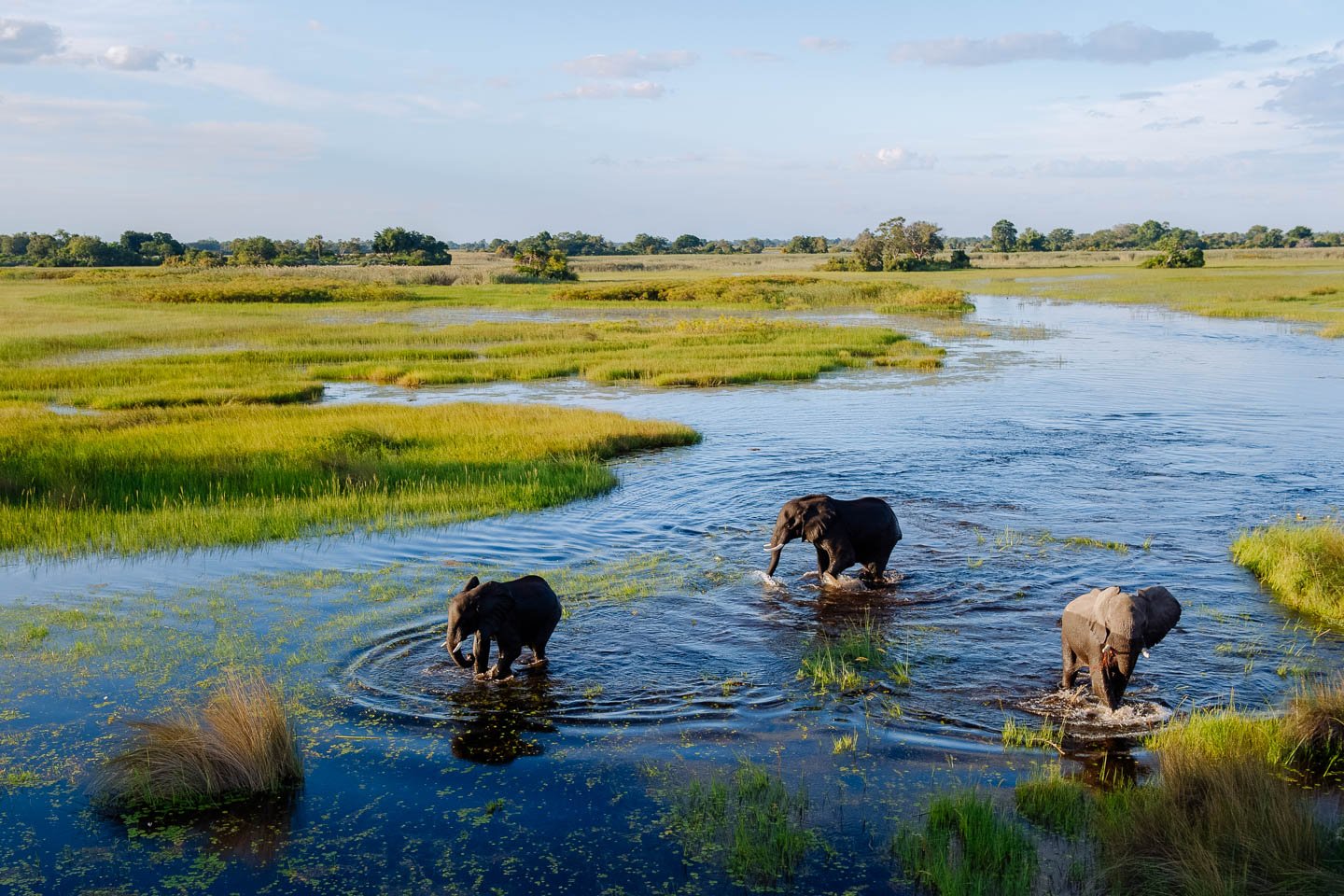
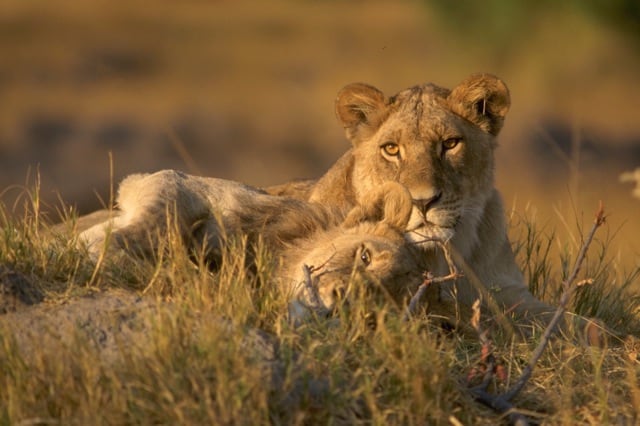
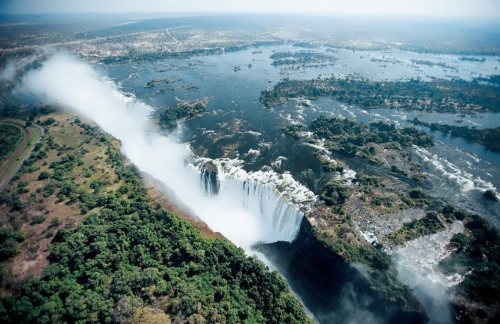
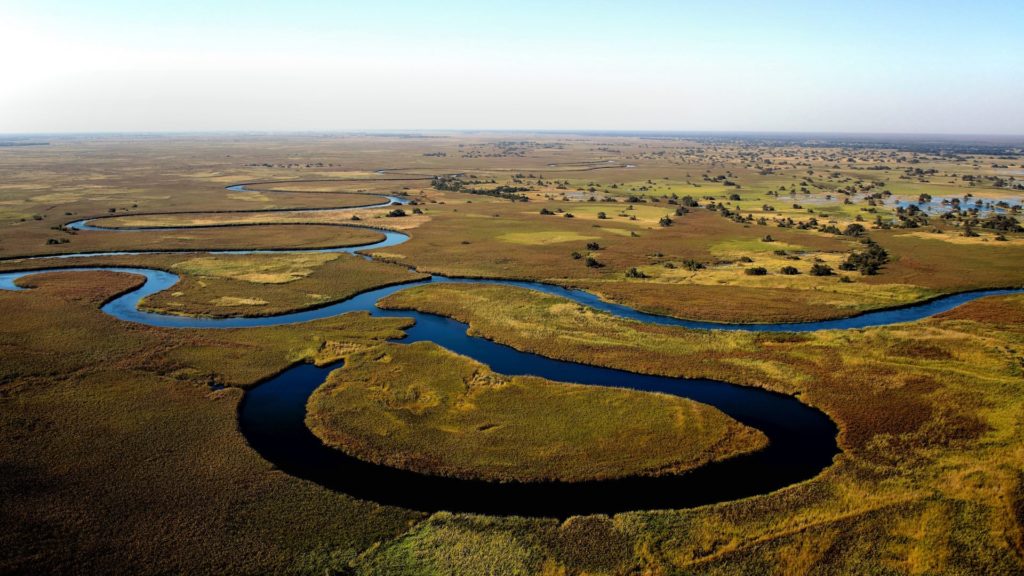

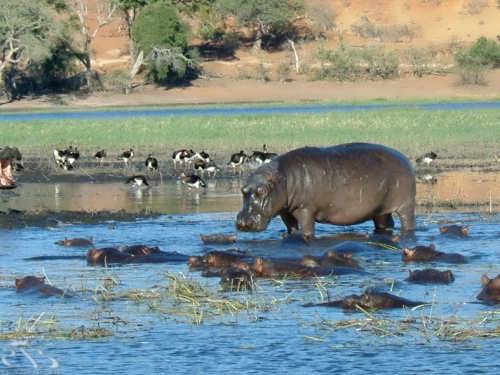

Closure
Thus, we hope this article has provided valuable insights into Botswana: A Jewel in Southern Africa. We thank you for taking the time to read this article. See you in our next article!